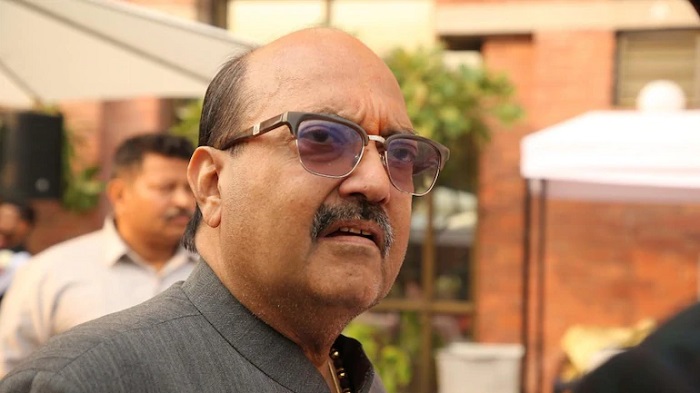Muzaffarpur, Feb 12: RSS chief Mohan Bhagwat on Sunday said the organisation has the ability to prepare an "army" to fight for the country within three days, if such a situation arises.
The RSS chief said this while addressing workers at Zila school ground on the last day of his six-day visit to Muzaffarpur.
"Sangh will prepare military personnel within three days, which the army would do in six-seven months. This is our capability. Swayamsewak will be ready to take on the front if the country faces such a situation and the Constitution permits to do so," Bhagwat said.
Sangh is neither a military nor a paramilitary organisation, rather it is like a "parivarik sangathan" (family organisation) where discipline is practised like the army, he said, adding that he workers are always ready to make supreme sacrifice for their country.
Bhagwat exhorted the RSS workers to set an example of good conduct in their personal, family and social life.





Comments
Good joke....,it took RSS 100 years to make transformation from wearing chaddi to pant.
Highly irresponsible, unwaranted statement and an open insult to our brave soldiers who have been sacrificing their lives to save us. Our soldiers fight with bombs & bullets where as these half naked RSS dance with balls and lathis. If he is a MAN, let him dare to ask our military to go to their barracks for ONE day and let his RSS take their positions. This man is a shame to our nation!!
Mr Bhaqwatjii RSS ki LATHI SE Kuch kam nahi hote bai...AAKAL KI BAAT KAROO..
Add new comment